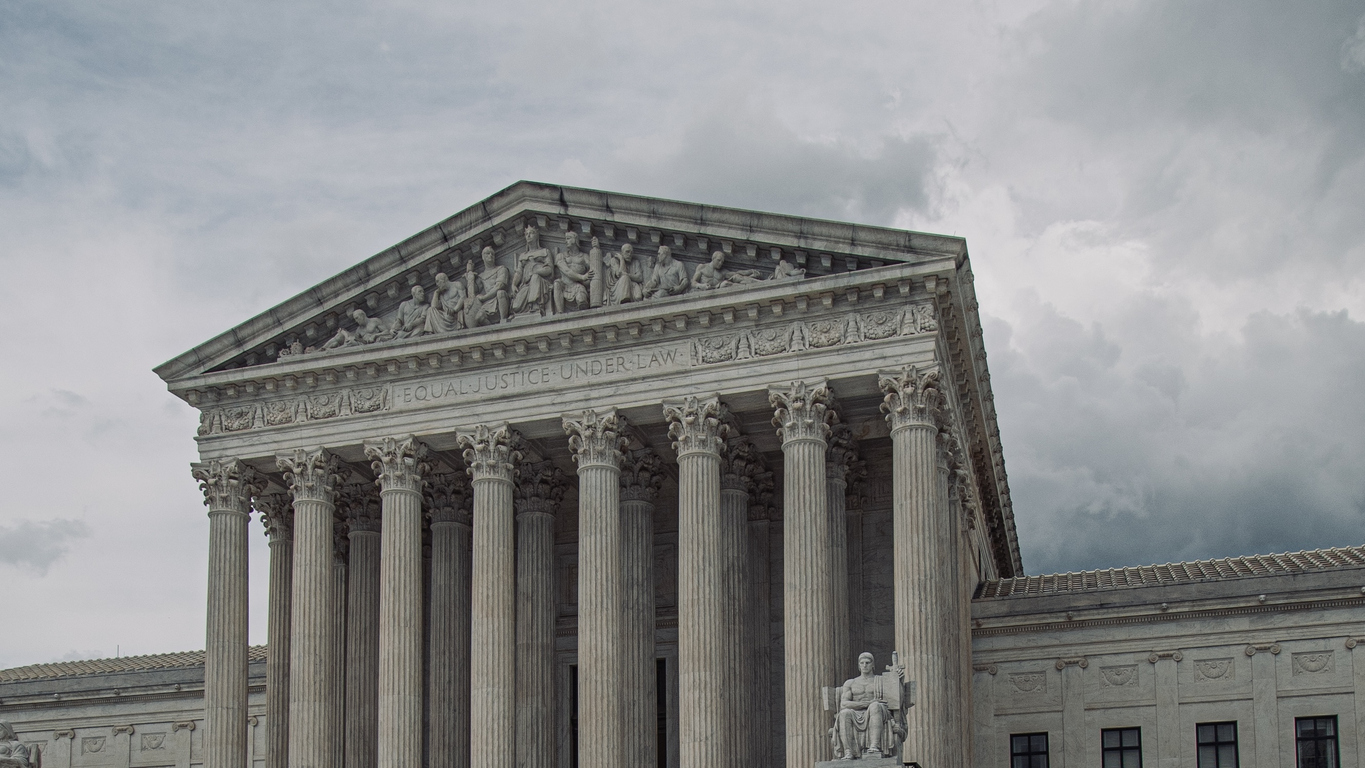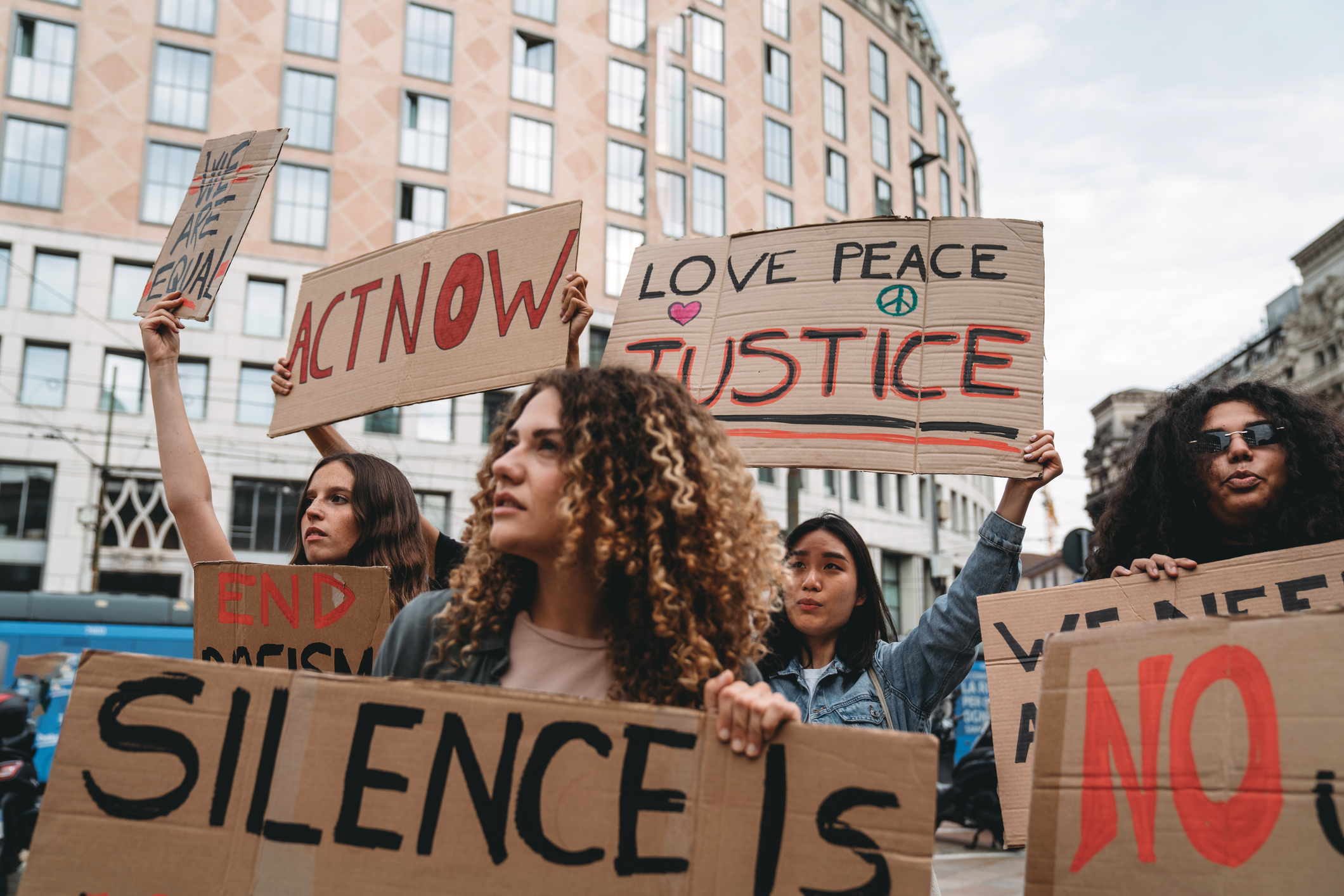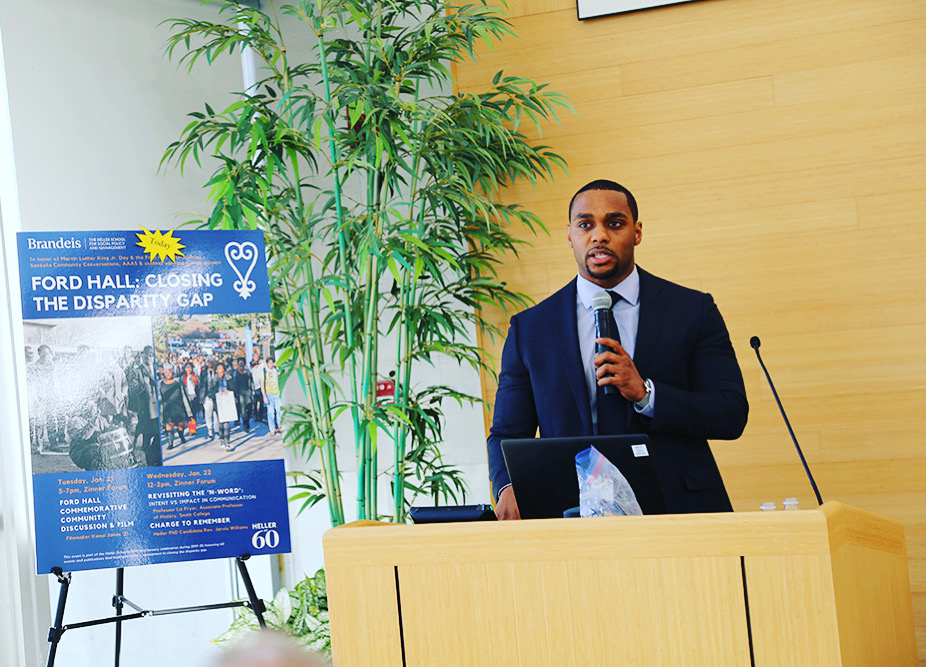Tag: Research

Venezuelan Businesses Fight a Rising Dictator
Time Period: November 2001 - April 2002Location: Venezuela, CaracasMain Actors: Venezuelan Federation of Chambers of Commerce and Production/Federación de Cámaras y Asociaciones de Comercio y Producción de Venezuela (Fedecámaras)Tactics -...

A Missouri Chamber of Commerce Speaks up For Their Community
Time Period: 2020Location: United States, MissouriMain Actors: Joplin Area Chamber of CommerceTactics - Establishing new social patterns In 2020, after the murder of George Floyd and subsequent Black Lives Matter...

Check My Ads Illuminates Authoritarian Advertising
Time Period: 2021-PresentLocation: United States, Online CampaignMain Actors: Check My Ads InstituteTactics Used - Online Boycotts - Social Media Campaigns - Newsletters In 2021, Nandini Jammi and Claire Atkin, two...

Wisconsin Business Leaders Ensure Fair Elections
Time Period: 2021-presentLocation: United States, WisconsinMain Actors: Wisconsin Business Leaders for DemocracyTactics - Civic Engagement - Media Outreach - Petitions - Questionnaires - Signed Letters of Support - Amicus Brief...

Comparative Caselets: The Civil Service as a Pillar of Support
Time Period: 1920-2023Location: USA, Canada, Germany, Guinea-Bissau, FijiMain Actors: Current and former Department of Justice employees; American Federation of Government Employees (AFGE); National Treasury Employees Union (NTEU); Transportation Safety Administration...

Clowns, Reverse Boycotts, and Involuntary Walkathons: How Communities are Making Political Violence Backfire
*This article was written by Chief Organizer Maria J. Stephan and was first published on Just Security. The new dystopian Hollywood film, Civil War, has raised the specter of devastating violent conflict...

Calling in Calling Out
Building powerful movements for a just and democratic society requires tearing down the walls separating people and welcoming new people into the movement. It takes recognizing that individuals, shaped by...

Restorative Movement Building
What does it mean to challenge injustices and address societal harms in ways that strengthen social bonds and encourage longer-term healing? Restorative Movement Building is at the nexus of social...

Welcome to Jarvis Williams, New Director of Applied Research at The Horizons Project!
Enjoy this short interview between our Chief Network Weaver Julia Roig and our new Director of Applied Research Jarvis Williams as he describes his excitement and motivation about joining the...

THE PILLARS PROJECT: Veterans and Military Families
*By former Director of Applied Research Jonathan Pinckney. Why should veterans and military families care about authoritarianism? American democracy is in a moment of crisis. Long-standing authoritarian trends and practices...
